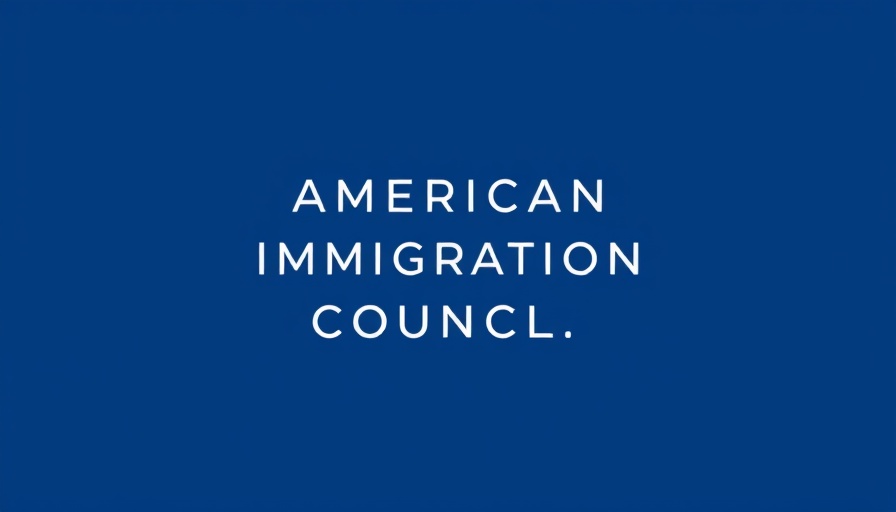
Los Angeles Residents Take a Stand on July Fourth
On July 4, 2025, the streets of downtown Los Angeles were filled not with the sounds of fireworks and celebrations, but with chants and placards as hundreds of protesters gathered to voice their opposition against the ongoing Immigration and Customs Enforcement (ICE) raids. The scene near the Edward R. Roybal Federal Building was marked by a peaceful but powerful demonstration, where many participants chose to forgo traditional holiday festivities to stand up for their beliefs.
A Community United Against ICE Action
Participants marched through iconic Olvera Street, expressing their anger and disappointment over the recent increase in federal funding for ICE operations. Many brought signs declaring, "No more occupation! No more deportation!" as they rallied in front of immigration courts. Their voices echoed through the streets, underscoring a call for humane immigration practices and highlighting their personal connections to those affected by the raids.
The Role of Law Enforcement
As the demonstrators rallied, a significant police presence was observed, with military personnel deployed to guard federal properties. Officers monitored the protest from a distance, ensuring the gathering remained safe while allowing participants the freedom to express their dissent. The sight of armed Marines and National Guard served as a stark reminder of the tensions between the community and federal enforcement actions.
Embodying Cultural Identity Through Protest
Among the protesters, individuals wore traditional attire to symbolize their heritage and resistance against oppression. Nancy Gonzalez, for example, adorned herself in an elaborate dress with faux bullet belts, making a poignant statement about the challenges faced by immigrant communities. Such displays of culture amidst protests illustrate the deep-rooted connections individuals have with their identity while also shining a light on the injustices they combat.
Implications for the Future
The protests on July Fourth shed light on the ongoing debate surrounding immigration policies and the treatment of migrants in the U.S. While this demonstration was an expression of dissent, it could signify a larger movement advocating for reforms to current immigration laws. The emphasis on community organization and peaceful protest reflects a growing determination to address these complex and sensitive issues.
In the face of adversity, communities like those in Los Angeles are uniting to demand change. As events like this unfold, they serve as a reminder of the importance of civic engagement and the power of collective voices in shaping public policy.
 Add Row
Add Row  Add
Add 




Write A Comment